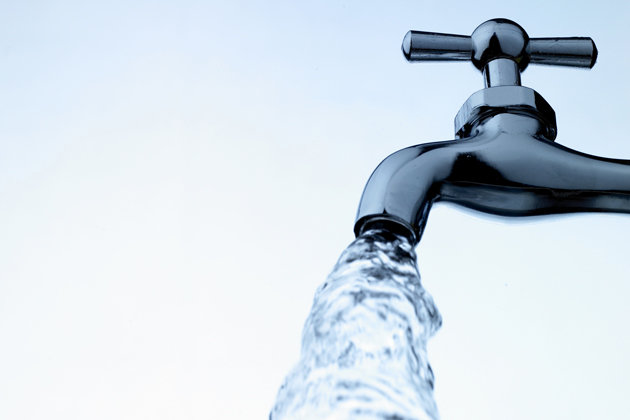No water rationing in Tehran despite rainfall decline: official

TEHRAN – No water rationing measures will be imposed in Tehran, but the capital’s groundwater level has faced a dramatic decline and sustainable use of water must be a priority, Tehran's governor general Mohammad Hossein Moqimi has said.
Unfortunately, average precipitation level in Tehran has decreased by about 24 percent, and consequently the groundwater level in Tehran has declined significantly, Moqimi regretted, adding, “Accordingly, all citizens must consume water more responsibly”.
Currently, every household in Tehran consumes about 250 liters of water per day, which is twice above the international average and “we” need to be more careful with the water usage, as water consumption in Tehran should not surpass the world’s standards, ISNA quoted Moqimi as saying.
Tehran’s governor general went on to say that residents of Tehran will not face water rationing so long as they do their fair share in curbing their consumption, “so that we can certainly implement proper water management.”
He further explained that “so far, no water restrictions has been imposed on Tehran this summer, and with the help of people using water more sensibly, Tehraners will not face any restriction imposed on water resources in the future”.
Touching on the changes in water use patterns over the past years, Moqimi went on to say that drinking water was used to irrigate the green space in Tehran, but fortunately today, Tehran's Municipality is not using drinking water for irrigation of green spaces and gardens.
In order to reduce water consumption some actions have been taken so far, Moqimi said. For instance, all state organizations are mandated to reduce their water usage by 20% in the summer to prevent water shortage in Tehran.
In addition, Tehran Province Water and Wastewater Company has also begun installing power consumption reducing devices, he noted.
In the summer, to reduce power consumption, all governmental agencies were notified to reduce electricity consumption by 10 percent, Moqimi stated.
To do so, after 2 p.m., all active devices in state-run organizations should be turned off, he added.
“Undoubtedly, one of the issues considered in evaluation of the state organization’s executives is the correct implementation of the aforesaid announcement,” he highlighted.
Today, the water stored behind dams is usually used to supply Tehran’s drinking water than other sources of drinking water such as underground resources, Moqimi stated.
“Undoubtedly, using underground resources and water wells is inevitable due to high consumption,” he remarked, adding, “in other words, if water consumption increases twice as much, we have to use water wells to supply the capital’s drinking water, which may not possess good quality”.
“Currently Tehran's drinking water quality is desirable,” he concluded.
Situated in an arid region, Iran has long been fighting with water shortage. The huge expansion of agricultural and industrial activities in past decades put an extra pressure on water resources.
Many damns have been built and too many deep wells have been dug in the country to satisfy the ever increasing need for water, but it takes a lot more ore than a slight increase in precipitation or building dams to ease the chronic water shortage.
Desertification, climate change, illegal water wells, wasteful farming practices, water-intensive industries in arid regions and injudicious use of water in households are known to have a far greater effect on the worsening crisis.
FB/MQ/MG
